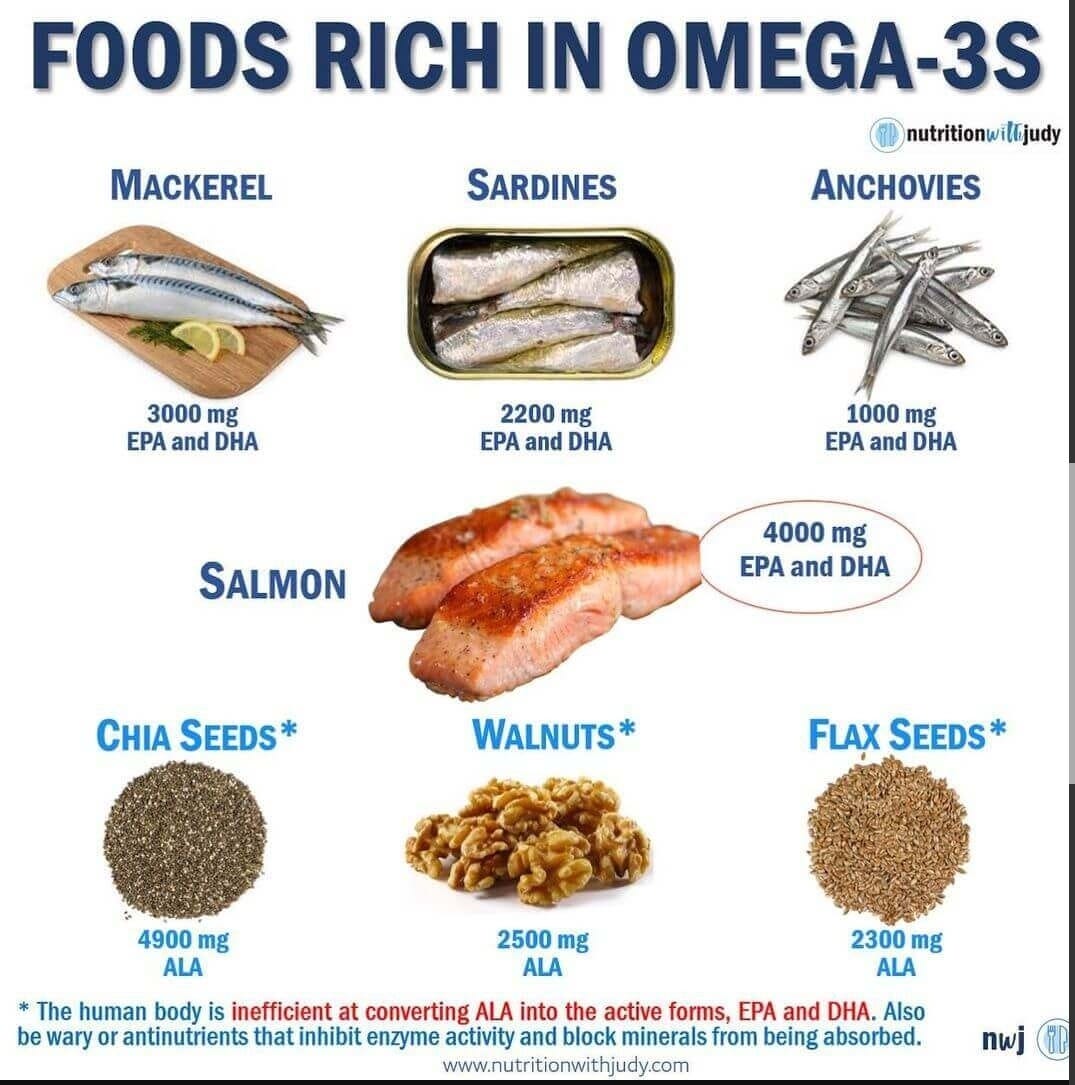The importance of Omega-3 fatty acids
Omega-3 fatty acids are pivotal for human health, playing essential roles in cellular function, anti-inflammatory pathways, and cognitive health. From an evolutionary perspective, humans physiology developed on a hypercarnivorous diet (high in animal-sourced fats and proteins) which provided abundant Omega-3s. However, in our modern dietary landscape, this natural balance has shifted, often leaving us deficient in these vital nutrients (Kuipers et al., 2010).
The importance of getting adequate levels of Omega-3 cannot be understated...
Cellular Membrane Fluidity and Function
Omega-3 FAs, especially EPA (eicosapentaenoic acid) and DHA (docosahexaenoic acid), are crucial to maintaining the fluidity and function of cell membranes. By integrating into cellular membranes, Omega-3s optimize the activity of proteins and receptors, promoting efficient cellular communication (Stillwell and Wassall, 2003). This is particularly significant in neural cells, where these FAs support rapid signal transmission and structural integrity.
Anti-inflammatory Properties
Omega-3s are known for their anti-inflammatory properties, particularly through their role in producing eicosanoids, signalling molecules that regulate immune responses. Unlike Omega-6-derived eicosanoids, those from Omega-3s are less pro-inflammatory, helping to counteract chronic inflammation and promoting immune balance (Calder, 2006). Given that modern diets are often rich in Omega-6 FAs from processed foods, Omega-3 supplementation becomes critical to restore a healthier Omega-3:Omega-6 ratio and reduce systemic inflammation.
Neuroprotection and Cognitive Health
Omega-3s, especially DHA, are essential for brain health, supporting synaptic function and neurogenesis. DHA is a major component of the brain’s structure and is associated with cognitive resilience and a lower risk of neurodegenerative diseases (Lauritzen et al., 2001). Historically, animal-rich diets provided this nutrient abundantly; however, modern diets often lack adequate DHA, underscoring the need for supplementation.
Obviously, trying to obtain all essential nutrients directly from your diet is the ideal, but the truth is that today’s diets often fall short of Omega-3-rich foods like fatty fish, grass-fed meats, and eggs from pasture raised hens – you have to make a concerted effort to source and prioritize these!
However, supplementing with high-quality Omega-3s can be an effective strategy to help close this nutritional gap, ensuring our bodies receive adequate amounts of these essential fatty acids as needed for cellular health, immune function, and cognitive support.
Better yet, testing your levels and your Omega-6 to Omega-3 ratio and using this information to inform your strategy has to be one of the best scientific advancements of modern times – no more guessing games – all relevant info there in black & white to help inform what your next steps should be... 🙌
References:
- Calder, P.C., 2006. Polyunsaturated fatty acids and inflammation. *Prostaglandins, Leukotrienes and Essential Fatty Acids*, 75(3), pp.197-202.
- Kuipers, R.S., de Graaf, D.J., Luxwolda, M.F., Muskiet, M.H., Dijck-Brouwer, D.A., and Muskiet, F.A., 2010. Saturated fat, carbohydrate and cardiovascular disease. *Netherlands Journal of Medicine*, 68(4), pp.120-127.
- Lauritzen, L., Hansen, H.S., Jørgensen, M.H., and Michaelsen, K.F., 2001. The essentiality of long-chain n-3 fatty acids in relation to development and function of the brain and retina. *Progress in Lipid Research*, 40(1-2), pp.1-94.
- Stillwell, W., and Wassall, S.R., 2003. Docosahexaenoic acid: membrane properties of a unique fatty acid. *Chemistry and Physics of Lipids*, 126(1), pp.1-27.




